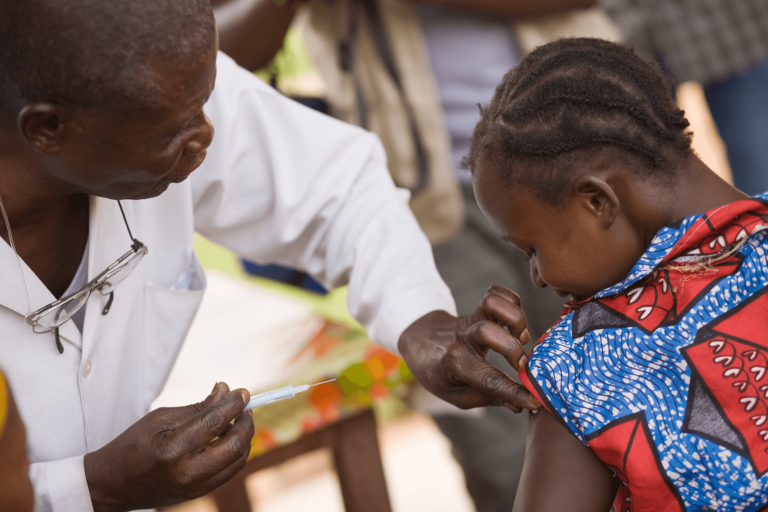Is Clinical Research Important? Yep — and Here’s Why.
If you’re just starting to learn about clinical trials and consider whether it makes sense for you or someone you care for to participate in them, you might be asking yourself: is clinical research important? Do we really need it? Does it make a real difference?
The short answer to these questions is YES! Clinical research is an essential part of getting new medicines approved so that you and your loved ones can live healthier, happier, longer lives. In this article, we’ll take a closer look at the history of clinical trials and the impact they have on health.
The History of Clinical Trials
Much has been written about the history of clinical trials, so we won’t try to repeat it all — but here are some key highlights that tell us the story of how clinical research began and how it has progressed over time.
How Clinical Trials Make the World Healthier
Now that we’ve seen how clinical trials have changed over time to become more and more focused on patient safety and well-being, let’s talk about how they make a difference for our health. Here are some important ways that clinical research makes our world a healthier place.
Clinical trials give people fighting disease a chance to try new medicines that they can’t get anywhere else.
For those that are battling common diseases like cancer that are life threatening or rare diseases with zero or very few known treatments, clinical trials can be a way to try new medicine that could make a real difference for them. This is what we call “research as care.” When people need new options to help them live longer or reduce pain and suffering, clinical trials can sometimes offer a life-changing solution.
Clinical trials are the only way for new medicines to become available.
Without clinical trials, we wouldn’t know which medicine will make us feel better or help us heal from illness or disease. Clinical research gives doctors new medicines to prescribe, and they also help each of us have access to over-the-counter medicines to treat ourselves at home when we’re feeling sick.
Clinical trials tell us which medicines are safe.
Clinical trials are all about making people feel better safely. If during the course of clinical research of a new medicine a patient experiences an unpleasant side effect, the researchers are there to help that person and also document the side effects as part of the study. This helps them decide which medicines should go from the trial stage to being made available for all people.
Should You Participate in a Clinical Trial?
All this information is interesting, but what you probably really want to know is whether a clinical trial is right for you or someone you care for. Here are a few more facts that may help you decide.
Safety: Clinical trials have several phases to ensure safety to patients. Before a new medicine is ever tested on a human, it is tested on either animals or nonliving animals or human cells to ensure it is safe enough to move on to first-in-human trials. In other words, the safety of the medicine is checked and rechecked before it is approved for a study with patients like you! Any trial you participate in exists because the researchers believe the medicine is safe and will help people.
Access: As a clinical trial participant, you may receive access to lifesaving medicine that you otherwise wouldn’t be able to get. Some clinical trial sponsors even have what are called “EAPs” — expanded access programs, sometimes called compassionate use programs. These programs grant patients with specific health challenges early access to medicines that haven’t been fully approved yet.
Helping others: If you are someone who wants to make a difference in your community or in the world, participating in a clinical trial is a great way to do so — even if you are healthy! Many clinical trials need healthy volunteers.
Still wondering if clinical trials are for you? The Clinical Trials For All site has educational resources to help you learn more about participating in clinical research. Read through the materials that interest you, then talk to your doctor about accessing a trial.






